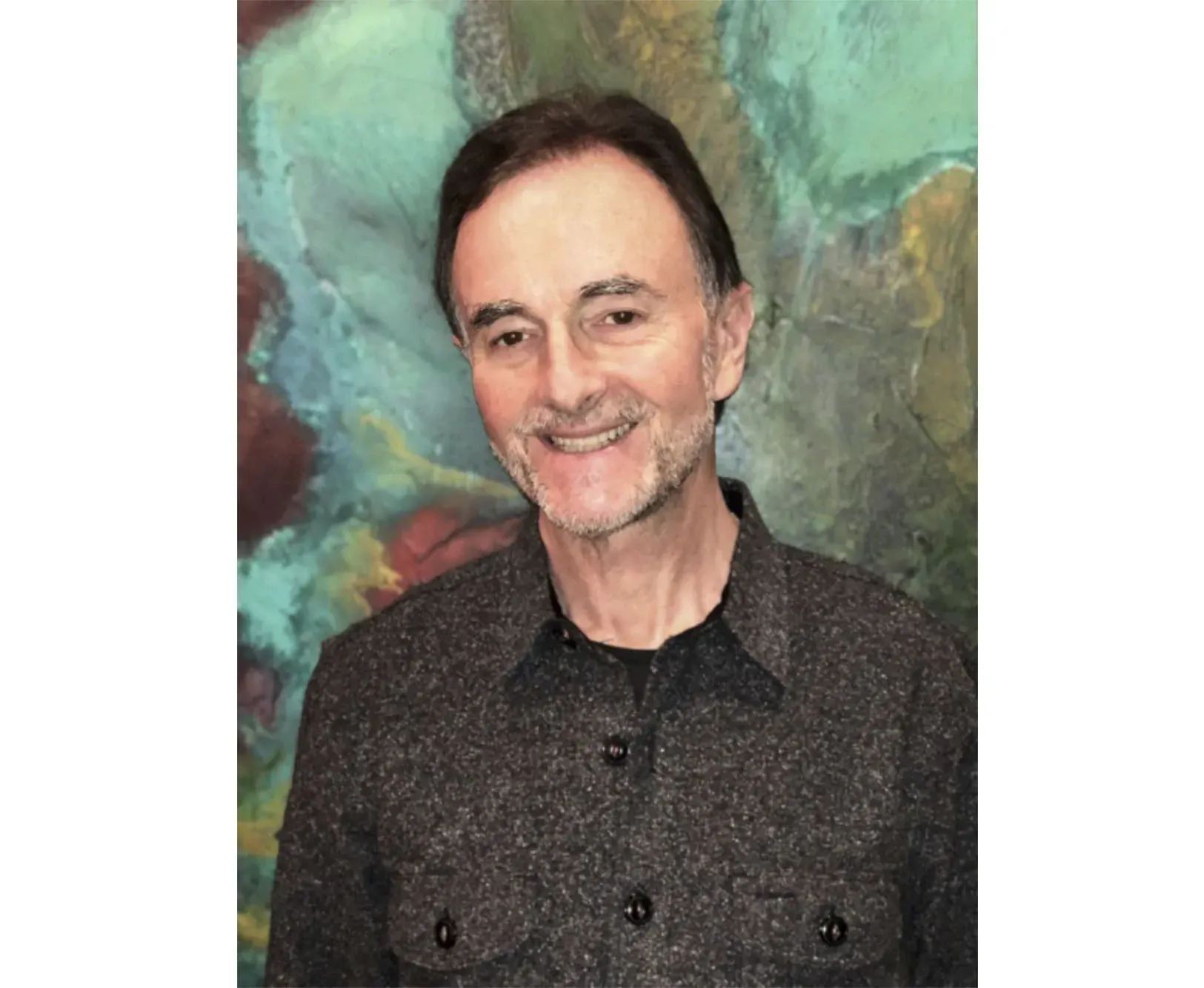Taking your art to the world

Barry Coburn’s been in the music world for a long time. He started out selling records in the South Island in the early 70s, got into promoting, where he brought Elton John, Led Zeppelin, Chuck Berry, Black Sabbath and The Eagles to New Zealand, then moved to Nashville.
In Nashville, he discovered Alan Jackson, and brought Keith Urban to the USA, and was Urban’s music publisher for 13 years. Barry was also CEO of the Nashville Division of Atlantic Records for a few years.
He’s now running a music publishing agency called Ten Ten Music Group. He’s managed artists, promoted bands - he’s done it all, really.
So with NZ Music month winding down, The Big Idea caught up with him to get his tips on making it in the music industry, and, particularly, how to make it in big markets like the USA.
Put in the time
When AC/DC was really rising to prominence, Barry asked their manager how many gigs they had played before they came to the US. The answer was jaw-dropping: 646!
One of the great advantages of the US is the enormous scale. Barry told me about bands who would fly in and tour as an opening act, and play at 300 different venues over the course of a couple years. This is probably physically impossible in New Zealand, but in the USA, you could do this without even making a dent in the sheer number of venues available.
This means you can really hone your craft. You can find out which venues work, you can try new things and get your performance really tight. But getting there isn’t easy - you’ve got to put in the time and effort.
At the same time, you’re getting into a market with way more competition than you’re used to (more on that later). So not only are there loads of opportunities, there’s also loads of competition - and the people you’re competing with are going to be prepared to put in the time.
This goes for people working on the business side, too. Barry told me that when he first got to Nashville, he was out seeing gigs six nights a week - and on the seventh night, he’d have people around for dinner. There are so many artists to see, and you’ve got to get an edge by seeing as many as you can. This also helps you build a network.
It’s not just a matter of putting in the time doing your art, either. Barry told me about when he brought Keith Urban over. Keith had a band, and in order to make sure they had the money they needed, he mowed lawns during the day.
So if you’re going to try and make it as an artist overseas, be prepared to work harder than you’ve ever worked.
Look after your network
There may be a lot of competition, but that doesn’t mean it’s every person for themselves. The people who succeed are the people who look after the people around them; then those people look after them. “This business is a people business,” Barry said - something that I imagine applies to every part of the arts sector. If you treat arts as a people business, you’ll be able to access more opportunities, by getting advice, collaborating, working together on deals, and so on.
There’s no real rocket science to this - it’s just being nice to people. The challenge is being nice to people when you’d rather not be nice to them. But it pays off in the long run. “You need to treat people right when you’re on the way up,” Barry says, “because otherwise you’ll have nothing after you peak and you’re on the way down. You will meet the same people on the way up as you’ll meet on the way down.”
The challenge is being nice to people when you’d rather not be nice to them. But it pays off in the long run. “You need to treat people right when you’re on the way up”
Don’t be afraid to make compromises
You might be doing great in New Zealand. You might even be doing great in Australia. But these countries are drops in the ocean compared to larger markets like the USA. This means that there’s lots of opportunity in the US, but there’s also a ton of competition for that opportunity.
Barry’s seen a fair few managers come over with great musicians, meet with record labels, play some gigs . . . and ultimately go nowhere. This is because they wouldn’t compromise. They insisted on deals that gave them everything, and they wouldn’t split the profits with anyone.
“Of course, there are bad deals, and you should look out for them….but 25 percent of something is dramatically better than 100 percent of nothing of the manager’s commission, “ Barry told me.
So don’t be afraid to compromise and work with others. There’s a lot of opportunity in big countries like the USA, and there’s plenty to go around.
Have you gone overseas as an artist? Leave a comment with your tips and lessons from your experience.